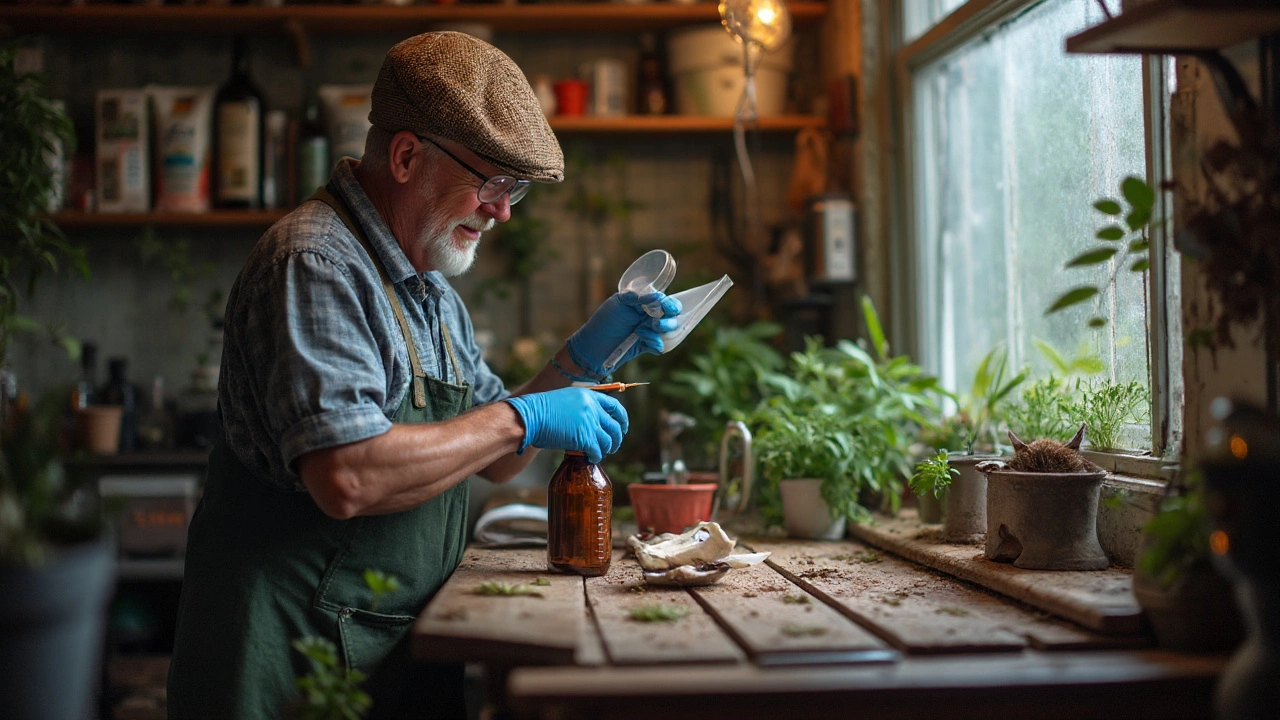Eco-Friendly Pesticides: Safe Solutions for a Healthy Garden
Want a garden that looks great but doesn’t harm the planet? Eco-friendly pesticides let you control bugs without toxic chemicals. They work with nature, not against it, so you protect plants, pets, and people while keeping pests at bay.
Why Choose Eco-Friendly Pesticides?
Traditional sprays often contain synthetic compounds that linger in soil and water. Over time, they can harm beneficial insects like bees and ladybugs, which actually help control pests. Natural alternatives break down quickly, reducing the risk of contamination and keeping the ecosystem balanced.
Another big win is safety. When you use plant‑based or mineral‑based products, you lower the chance of skin irritation, respiratory issues, and accidental poisoning of children or pets. This makes everyday garden work less stressful.
Top Green Options for Common Garden Pests
Neem oil – A favorite for aphids, whiteflies, and spider mites. Mix a tablespoon of cold‑pressed neem oil with a gallon of water, add a few drops of mild liquid soap, and spray leaves in the early morning or late evening.
Diatomaceous earth – Made from fossilized algae, it works like sandpaper on soft‑bodied insects such as slugs and ants. Sprinkle a thin layer around plant bases and reapply after rain.
Spinosad – A bacterial‑derived product that targets caterpillars, thrips, and leafminers. It’s safe for most pollinators once it dries, so apply it in the late afternoon and let it dry before bees return.
Garlic and chili spray – Blend two cloves of garlic, one hot pepper, a teaspoon of liquid soap, and a quart of water. Let it sit overnight, strain, and spray on foliage. The strong scent deters many chewing insects.
Beneficial insects – Instead of spraying, introduce predator bugs like ladybugs, lacewings, or nematodes. They hunt pests naturally and can keep numbers low year after year.
When using any green product, read the label for dosage and re‑application intervals. Over‑doing even a natural spray can harm the plants you’re trying to protect.
For a sustainable garden, combine these tools with good cultural practices. Rotate crops, keep soil healthy with compost, and remove weeds promptly. Healthy plants are tougher opponents for pests, reducing the need for any pesticide.
Ready to try eco-friendly pest control? Start with one product, test it on a small section, and watch the results. You’ll soon see that protecting your garden can be safe, simple, and kind to the planet.

Eco‑Friendly Pesticides That Work: Safe Options for Home Gardens and Yards
Practical, proven eco-friendly pesticides and how to use them safely. Clear picks, dosages, timing, and pet-safe tips so your garden thrives without harsh chemicals.
Read More